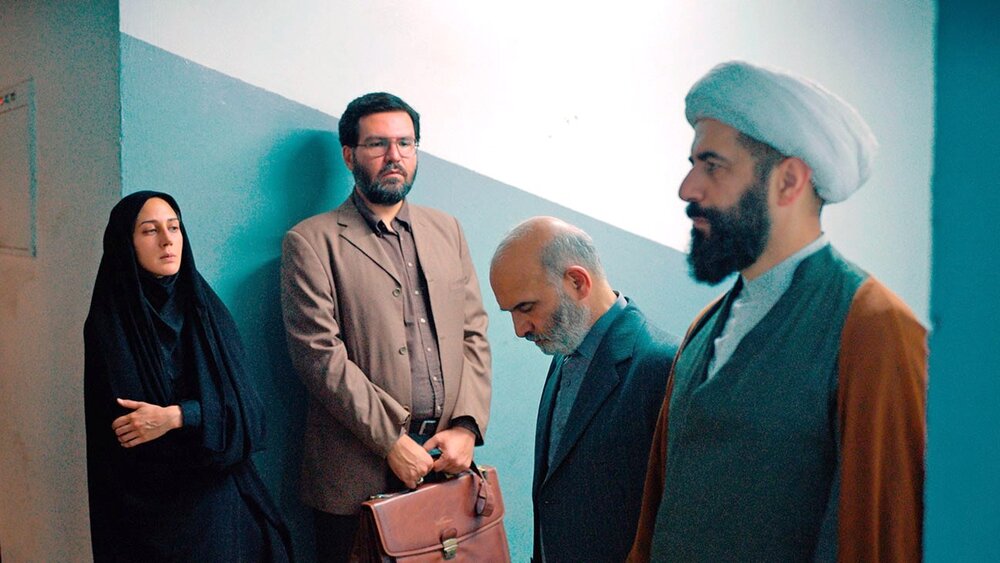By Maryam Ansari

For the first time, an Iranian woman won the Palme d’Or for Best Actress at the Cannes Film Festival on May 29, 1401.
This news could have filled people with delight and pride, but considering the film's features and the image it portrays of Iran and Iranians, it's debatable whether it's anything to be proud of.
The story is based on a true incident. It's directed by Ali Abbasi and portrays Zahra Amir Ebrahimi as the main character. The story revolves around a serial killer named Saeed Hanaei, who became known in Mashhad as "the spider killer," and takes place between summer 1397 and August 2001. Due to their occurrence in Mashhad and the targeting of addicted women on the streets, these serial killings became extremely sensitive, eventually ending with the killer's arrest on April 17, 2002.
This narrative has already inspired a documentary called "And the Spider Came" and a film named "The Spider," and Ali Abbasi is the third person to have gone for it. He is accused of plagiarism by Iraj Ebrahimzadeh, and he preferred to shoot his film in Jordan with Iranian and non-Iranian actors, with Germany, Sweden, and France participating.
But why did Ali Abbasi refuse to show the truth, as shown by documents and evidence presented in Saeed Hanaei's court? Why does the content of a detective-police movie about a murderer appear to be more of a political issue against Iranian culture and Islamic values than a movie about a killer?
It can be useful to see the description of Saeed Hanaei's courts. On September 22, 2001, the sitting court requested the most severe sentence for the accused, citing the existing evidence, reconstructing the murder sites, discovering the corpses of the victims, stealing, forging the Basij card, and committing 13 cases of rape.
The accused's personality, according to the head of the Khorasan province's forensic doctor, has conflicting characteristics and anti-social problems, and there are no indicators of insanity in him, according to the interviews done with him and his brain scan. Another renowned quote claims that the killer's motivation was revenge for harassing a driver for his wife.
With these historical references, it appears that this film is more than just a crime movie about a murderer; it is a movie about an Iranian Muslim individual, whose the filmmaker assumes is anti-social, anti-social, anti-feminist, and murderous by default.
Mental disorders, which are common throughout the world, are attributed to religious causes in Iranian society, to the point where such an incidence, which has been very rare in Iran but has been repeated in many Western countries, has resulted in a sentence against Iranian culture and civilization, which, like a spider web, encompasses all women, and the hub of this spider web, the holy shrine of Imam Reza, is shown in the film teaser.
They also chose an actress for the lead role in this movie who immigrated to France after one of her personal videos was released, even though she was still eligible to work in Iranian cinema.
Interestingly, neither her personal video has been released by the religious community, nor has Iranian cinema reprimanded her, but she has been recognized as an exiled artist and a victim of the Iranian government in recent years.
It's unclear if Zahra Ebrahimi's performance was so good that she received the Cannes Film Festival award, or whether the film won the award more for the festival's dark political nature than for its artistic values!
Finally, given all of these considerations, winning this prize under the guise of being anti-religious and anti-Iranian, rather than as a source of joy, is sad and disappointing!

No comments:
Post a Comment